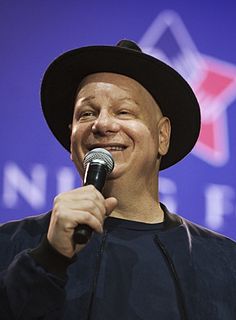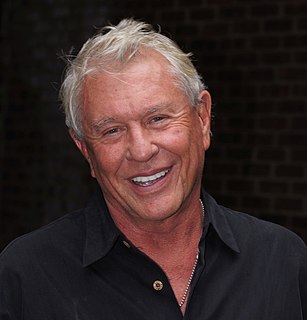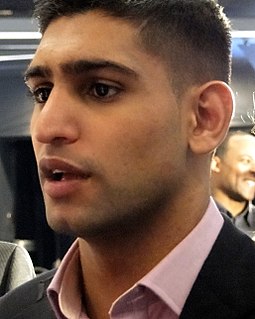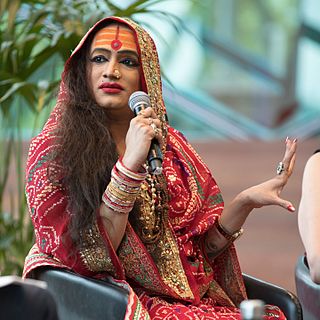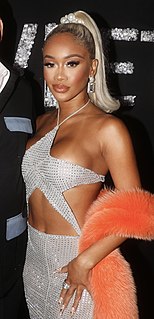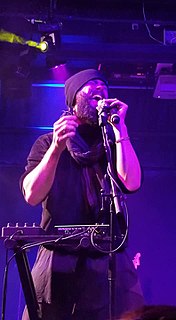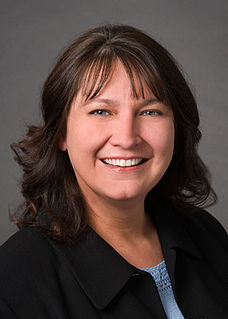A Quote by Gillian Jacobs
On the set of 'Community,' we quote 'Community' to each other. We're a lost cause. We're like a bunch of little kids running around and yelling things.
Related Quotes
In Boston where community policing is so important, they don't necessarily have to like each other, but they know each other. The cops in Boston make it their business to get out of their vehicles, to engage the public, to walk around the neighborhoods. They live in the community that they police. And I think these things help.
At the heart of my politics has always been the value of community, the belief that we are not merely individuals struggling in isolation from each other, but members of a community who depend on each other, who benefit from each other's help, who owe obligations to each other. From that everything stems: solidarity, social justice, equality, freedom.
When I started meeting members of the hijra community, it was a whole different ballgame. They were like me. This was the first time I felt that I was with other people who were the same as me. It was not about cruising a man, it was not about sleeping with somebody - it was beyond that. It was so much a community, wanting the best for each other, loving each other, caring for each other.
The virtual community? The word virtual does not mean "virtue." It means "not." When I go to the store and they say: The shirt that you brought in is virtually done. It means it is not done, in the same way that the virtual community is not a community. There is no commitment there. When you log off, you are not a member of it anymore. My flesh and blood community, the sense of knowing my neighbor, knowing the guy across the street, having dinner with the people down the block, getting along with each other and making compromises, that's a genuine community with a commitment.
In any community there's a strong pull home. People want to return, see their community get better economically and socially. You can build those community-grown opportunities for the kids who've graduated from college to return home, to provide businesses and support things going on. It'll only happen through education.
If you educate a boy, you educate a person, but if you educate a girl, you educate a family and benefit an entire community.” An entire community - now that is really interesting! Then I found the quote changed a little more on the Kingdom of Jordan website by her Royal Majesty Queen Rania of Jordan during her interview with Oprah Winfrey. Queen Rania relates the quote in these words: “As you educate a woman, you educate the family. If you educate the girls, you educate the future.

